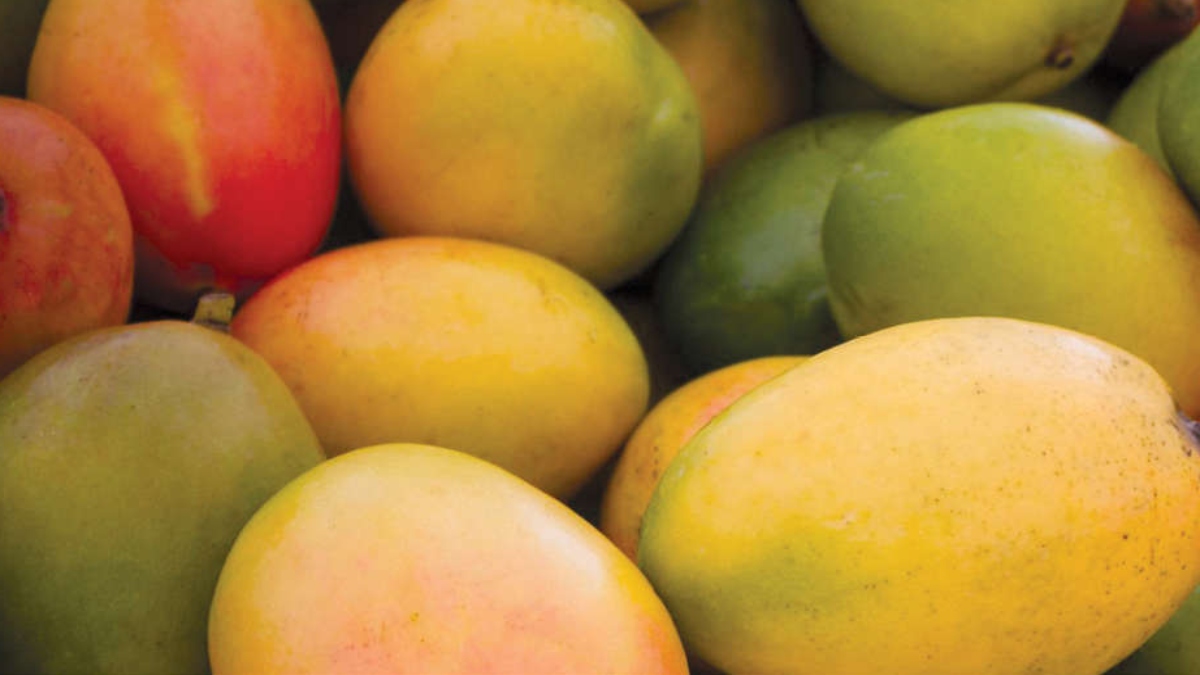The Food Safety and Standards Authority of India (FSSAI), the central regulatory body for food, issued a fresh cautionary notice to traders regarding the use of calcium carbide for artificially ripening mangoes, highlighting significant health hazards.
FSSAI has urged fruit traders, handlers, and Food Business Operators (FBOs) utilizing ripening chambers to strictly adhere to the ban on using calcium carbide, particularly during the mango season.
What are the harmful effects of calcium carbide?
Calcium carbide, employed for fruit ripening like mangoes, emits acetylene gas containing detrimental traces of arsenic and phosphorus. Referred to as ‘Masala’, these substances can lead to symptoms such as dizziness, excessive thirst, irritation, weakness, swallowing difficulties, vomiting, and skin ulcers. Acetylene gas poses risks to handlers, while residues of arsenic and phosphorus may persist on fruits.
“No person shall sell or offer or expose for sale or have in his premises for the purpose of sale under any description, fruits which have been artificially ripened by use of acetylene gas, commonly known as carbide gas,” states the Food Safety and Standards (Prohibition and Restrictions on Sales) Regulations, 2011.
Which ripening agent is permissible?
FSSAI approves the use of ethylene gas as a safer alternative for fruit ripening. Ethylene gas, up to concentrations of 100 ppm, acts as a natural hormone regulating ripening. It initiates the natural ripening process until the fruit generates ethylene in significant quantities.
Moreover, the Central Insecticides Board and Registration Committee (CIB & RC) have sanctioned Ethephon 39 per cent SL for the uniform ripening of mangoes and other fruits.
How can mangoes ripened with calcium carbide be identified?
- Purchase from Reliable Sources: Procure fruits and vegetables from trusted vendors, reputed stores, or dealers who assert that their produce is not ripened using harmful or banned chemicals.
- Thorough Washing: Before consumption, thoroughly wash fruits with potable running water to eliminate potential surface contaminants.
- Avoid Black Spots: Refrain from selecting fruits with black spots on the skin, as they are likely ripened using acetylene gas from calcium carbide.
- Check Texture: Exercise caution with mangoes and other fruits exhibiting uniformly colored textures, as it may indicate potential chemical ripening.
- Odor and Shelf Life: Be mindful that adulterated fruits might emit a slightly strong odor and have a shorter shelf life, often indicative of calcium carbide usage for ripening.













